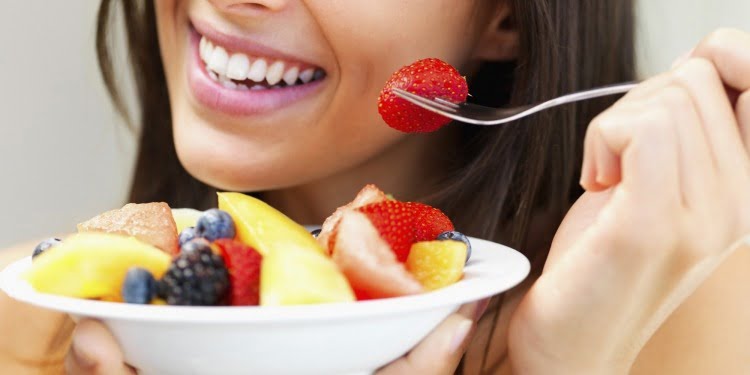MİDE KANSERİ ÖNEMLİ ORANDA ÖNLENEBİLİR
Dr Xuexian Fang ve arkadaşlarının yaptığı çalışmada, 76 prospektif çalışmanın verileri kullanarak 6.316.385 katılımcının verileri incelenmiş
Bu çalışmaya göre mide kanseri ile günlük tüketilen tuz arasında doğrudan bir ilişki saptanmış
Günlük her 5 gr tuz tüketimiyle mide kanseri riskinde %12 artma saptanmış.
Günlük her 10 gr alkol tüketiminde mide kanserinde %5 artmış risk saptanmış. Bu risk özelikle bira ve likörlü alkollerde saptanmış. Şarap tüketimiyle mide kanseri arasında bir ilişki saptanmamıştır.
Özelikle işlenmiş et(sosis, jambon, sucuk, tütsülenmiş et)tüketimi ile mide kanseri arasında doğrudan ilişki saptanmıştır.
Taze meyve ve sebze tüketiminin artması ile mide kanseri riski anlamlı derecede azalırken, turşu ve konserve şeklinde tüketimi ile mide kanseri riskinde artma saptanmıştır.
Sonuç: İşlenmiş et, yüksek tuzlu yiyecekler, turşu ve konserve tarzı gıdalar ve bazı alkol türlerinin tüketimi mide kanserini artırır. Taze meyve ve sebze tüketimi mide kanseri riskini önemli düzeyde azaltır.
KAYNAK
Dietary Factors Linked to Changes in Gastric Cancer Risk-
A meta-analysis found that a number of dietary factors play a role in the risk of developing gastric cancer, with protective effects seen with fruit and certain vegetables and increased risk seen with high-salt foods and certain forms of alcohol.“The decreasing incidence of gastric cancer in developed countries may be partly the results of increased use of refrigeration, availability of fresh fruit and vegetables, and decreased reliance on salted or preserved foods,” wrote study authors led by Xuexian Fang, of Zhejiang University in Hangzhou, China. Numerous studies have looked at various dietary factors as they relate to gastric cancer, and the new study aimed to provide a collective assessment of the relationships.
A total of 76 prospective cohort studies were included, encompassing 32,758 gastric cancer cases among 6,316,385 total participants. The studies covered 67 distinct dietary factors and ranged in follow-up from 3.3 to 30 years. The results were published online ahead of print in the European Journal of Cancer.
The analysis found several factors significantly related to gastric cancer risk. For example, consumption of white vegetables had a protective effect, with a relative risk (RR) of 0.67 (95% confidence interval [CI], 0.47–0.95). Consumption of all vegetables, however, did not yield a significant effect. Consumption of total fruit did yield such an effect, with an RR of 0.93 (95% CI, 0.89–0.98).
On the other hand, consumption of pickled vegetables, tomatoes, and spinach were each associated with increased risk for gastric cancer.
Certain types of meat were also associated with an increased risk, though total meat was not. Processed meat yielded an RR of 1.15 (95% CI, 1.03–1.29), and ham, bacon, and sausage collectively had an RR of 1.21 (95% CI, 1.01–1.46). The most substantial effect was seen with high-salt foods, with an RR of 1.55 (95% CI, 1.17–2.05).
Overall alcohol consumption also raised the risk for gastric cancer, with an RR of 1.15 (95% CI, 1.01–1.31). Beer and liquor consumption in particular raised the risk, while wine did not.
On a dose response analysis, every 5 grams per day increment of dietary salt intake raised the risk by 12%. Each 10 grams per day increment of alcohol consumption raised one’s risk by 5%, and a 100 gram per day increment of fruit consumption lowered the risk by 5%.
“Our results provide further support for public health recommendations to increase the intake of dietary fruits and white vegetables, while reducing intake of high-salt food, beer and liquor, in the prevention of gastric cancer,” the authors concluded. “These findings may also provide valuable insights into further cohort studies and the design of informative clinical trials.”

